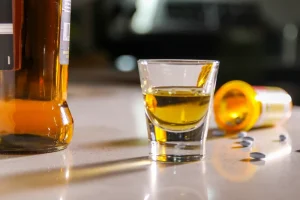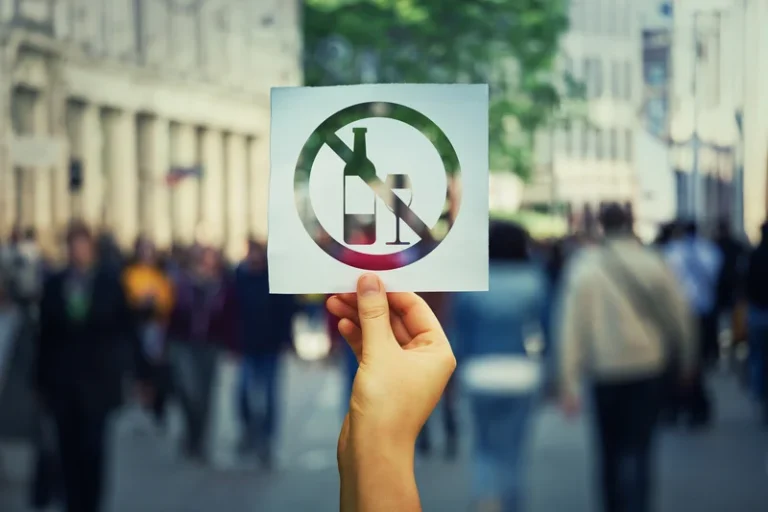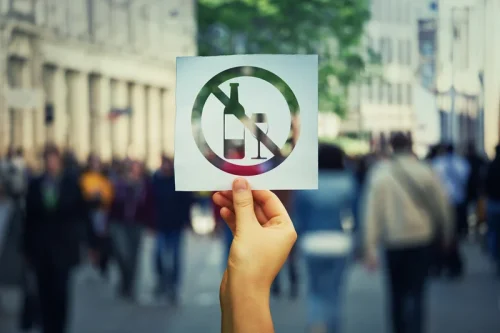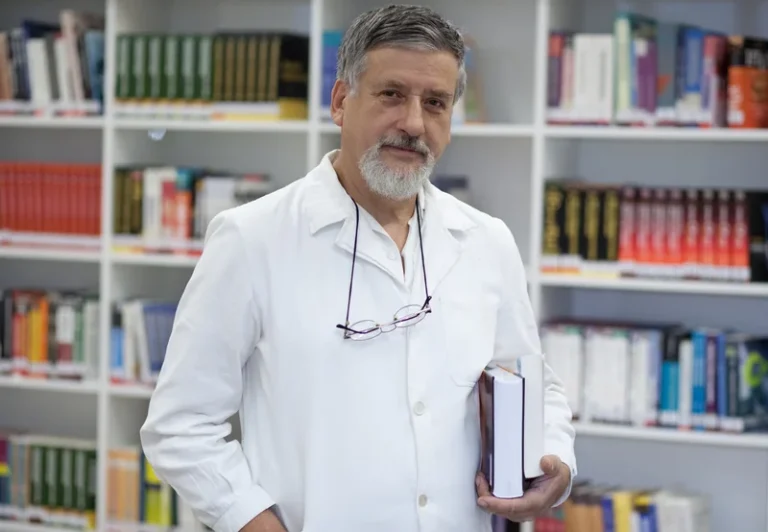
Understanding which phase of recovery generally takes the longest to move through can help reduce guilt and increase persistence. Sobriety is not linear—it’s a winding journey that requires ongoing effort. Unveiling the https://ecosoberhouse.com/article/signs-of-alcoholism-causes-stages-for-man-and-woman/ reasons behind the common abuse of prescription drugs.
Understanding the Detox Process in a Luxury Treatment Setting

Learning various acronyms can help a person identify when they need to improve their self-care, such as HALT (Hungry, Angry, Lonely, Tired). External triggers are easier to types of relapse triggers pinpoint and manage through practical adjustments like altering routines or avoiding certain places. Internal triggers, however, demand consistent emotional work to build resilience over time. Internal triggers come from within – things like emotions and thoughts – while external triggers are tied to outside factors, such as the environment.
The Role of Emotional Support During Opiate Detox

Warren is a Licensed Master Social Worker, who specializes in substance abuse and mental health treatment. Clinically, Warren has developed a therapeutic skillset that utilizes a strengths-based perspective, Twelve Step philosophies, Cognitive Behavioral Therapy and Motivational Interviewing. By focusing on improving your overall health, not just your addiction, you can further enhance your chances of a successful and lasting recovery. Awareness of potential triggers and reaching out to your support system when needed can help overcome the challenges posed by reminders of past use. By staying vigilant and seeking help when necessary, you can continue your recovery journey and avoid the pitfalls of relapse. Physical pain, whether it be chronic pain or pain from an injury or physical illness, can be a powerful relapse trigger if you’re not adequately prepared to manage it.
- After a period of stability, it’s easy to assume the hardest part is over.
- It’s impossible—and unhealthy—to avoid feeling all negative emotions, so avoiding these relapse triggers after your stay in rehab isn’t a viable option.
- Bringing awareness to the triggers that are unique to you is critical.
Addiction Help Offered at Rehabilitation Centers in Ohio
Proactively avoiding high-risk situations and staying away from reminders of past substance use is key to minimizing the risk of relapse due to exposure to substances. By being aware of your triggers and taking conscious actions to limit your exposure, you can stay on the path of recovery. By understanding the impact of social pressure on relapse and proactively creating a supportive network, you can ensure success in recovery. If you or someone you care about is misusing substances or has already started the recovery process, it’s helpful to learn more about cravings and how to more effectively manage them.

Unraveling the difference between physical & psychological dependence. Discover the distinctive features and treatment approaches for successful recovery. Discover cognitive restructuring and exposure therapy for a healthier mind. Discover Russell Brand’s inspiring journey from addiction to sobriety. Explore his advocacy, books, and impact on the recovery community. Explore the diverse faces of alcoholism, from young adults to functional types.

Internal triggers are emotional or psychological experiences – like specific thoughts, feelings, or memories – that can spark urges for substance use. Unlike external triggers, which are linked to the environment, internal triggers demand deeper emotional work and self-awareness to handle Oxford House effectively 1. These insights lay the foundation for creating personalized strategies to handle triggers.
